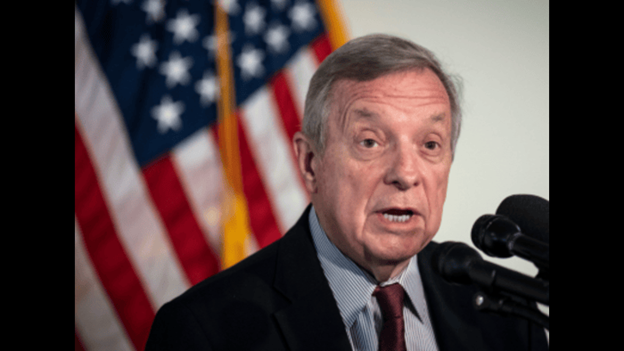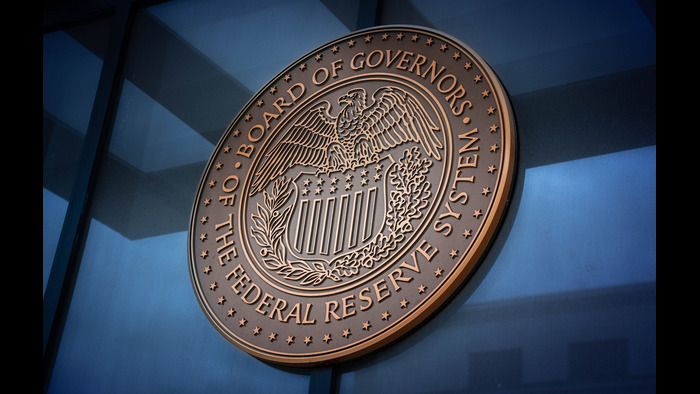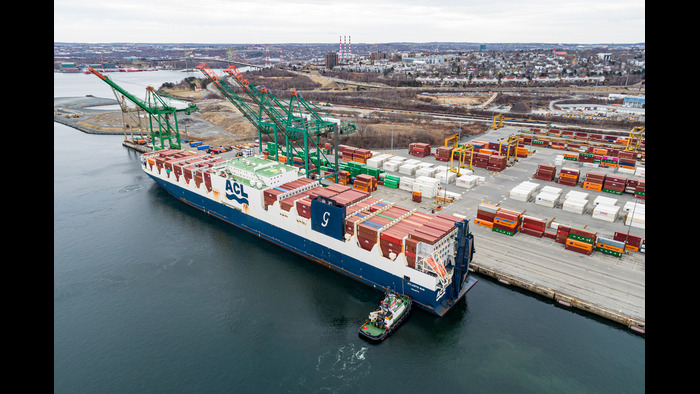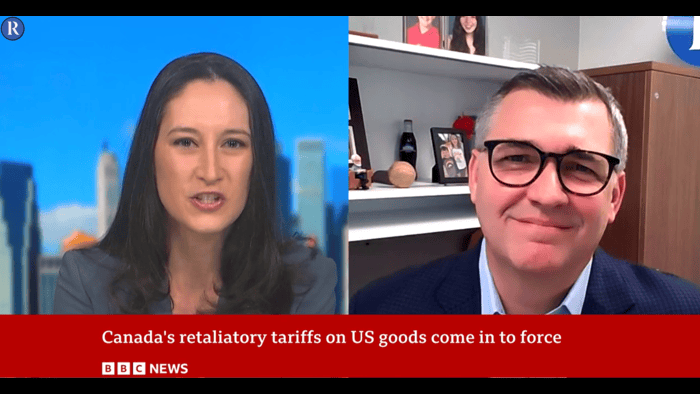Retail Trade Policy Update: July 19-23
- By [ Blake Harden ]
- 07/22/2021
Lawmakers Introduces Carbon Border Tax Bill
On Monday, Sen. Chris Coons (D-DE) and Rep. Scott Peters (D-CA-52) introduced legislation, the FAIR Transition and Competition Act of 2021, that would establish a carbon “fee” on certain imports as a means to fight climate change. A one-pager on the bill is linked here.
The lawmakers said the bill would level the competitive playing field for domestic manufacturers by imposing a fee on carbon-intensive products from countries that lack adequate emissions controls.
"International cooperation will be critical to reaching net-zero emissions,” said Sen. Coons. “We have an historic opportunity to demonstrate that climate policy goes hand in hand with providing economic opportunities as U.S. innovators develop and scale clean energy technologies."
Senate Democrats have said they want to include a carbon border tariff as part of a $3.5 trillion budget reconciliation bill, which could be passed with a simple majority vote.
A carbon border adjustment tariff is a policy tool that aims to encourage cleaner forms of industrial production by making carbon intensive goods from abroad less economical.
The Democrats' bill would, at least initially, target products like steel, natural gas, petroleum, and coal. Although a mechanism in the bill would allow additional products to be added if certain criteria are met.
Revenue from the Coons-Peters bill would fund climate resilience programs and emissions reductions technologies, the lawmakers said.
The Biden-Harris Administration has not yet said whether it would support the bill, and many questions remain – including whether the measure would be compatible with World Trade Organization (WTO) rules.
The introduction of the Coons-Peters bill comes less than a week after the European Union released details of its proposal to create a carbon border adjustment mechanism as part of its goal to slash greenhouse gas emissions by 55% by 2030 from 1990 levels. It said the levy will be compatible with WTO rules and require importers of certain goods to buy emissions offsets.
House Ways and Means Trade Subcommittee Hearing on Forced Labor
Today, the House Ways and Means Trade Subcommittee held a hearing entitled, “The Global Challenge of Forced Labor in Supply Chains: Strengthening Enforcement and Protecting Workers.” The hearing was broadly focused on forced labor issues rather than being specifically focused on China or Xinjiang. You can watch the recording of the hearing here. Witnesses included:
- Neha Misra, Global Lead, Migration and Human Trafficking, Solidarity Center
- Jennifer Rosenbaum, Executive Director, Global Labor Justice-International Labor Rights Forum
- Charity Ryerson, Executive Director, Corporate Accountability Lab
- Genevieve LeBaron, Professor of Politics, University of Sheffield
- Brian Lowry, Senior Vice President, Innovation, Regulation, and Trade, United States Council for International Business
U.S. Joins WTO Talks to Resolve Services Trade Barriers
On Tuesday, USTR announced that the U.S. will enter ongoing negotiations at the WTO intended to streamline domestic regulations that make global trade more expensive and burdensome for service providers.
Countries participating in the talks plan to finalize an agreement by the WTO’s Ministerial Conference later this year, and USTR pledged to support that timeline.
USTR called the plurilateral talks “an opportunity to improve the transparency and fairness of processes for obtaining licenses to provide services by U.S. professionals.”
Just over 60 of the WTO’s 164 member countries have been negotiating a Joint Statement Initiative on Services Domestic Regulation since December 2017. Those members, including China, Canada, Mexico, and the EU, represented 70 percent of the world’s global services trade even before the U.S. joined on Tuesday.
The participants aim to minimize unintended burdens and uncertainty created by inconsistent licensing requirements, qualification requirements and technical standards.
The participating countries circulated a “close-to-final” version of the negotiating text in December and have convened multiple times this year to iron out their remaining differences. They met Tuesday prior to USTR’s announcement.
USTR, in its statement, endorsed plans to reach a deal by November as already scheduled. USTR said the rules being considered reflect transparency and due process improvements that were included in USMCA. The agency also noted that the rules would prohibit sex-based discrimination in issuing licenses “in a first for the WTO.”
“Improved transparency and regulatory processes can support democratic values, open societies, and a worker-centric trade agenda,” USTR said in its statement.
USTR Responds to Treasury's Agreement on Vietnam’s Currency Practices
On Monday, USTR Katherine Tai released a statement welcoming the Department of the Treasury and the State Bank of Vietnam’s (SBV) agreement to address U.S. concerns about Vietnam’s currency practices.
“I welcome the joint statement between Treasury Secretary Janet Yellen and the State Bank of Vietnam Governor Nguyen Thi Hong on Vietnam’s currency practices,” said Ambassador Tai. “Countries should not be able to manipulate their exchange rates to gain an unfair competitive advantage in international trade, and I commend Vietnam for its commitment to addressing our concerns. Vietnam can set an important example for the Indo-Pacific region by allowing its exchange rates to move in line with underlying economic fundamentals.”
USTR's statement further highlights that USTR, in coordination with Treasury, will monitor Vietnam’s implementation of its commitments and work with Vietnam to ensure that it addresses the acts, policies and practices related to the valuation of its currency that were found actionable in the Section 301 investigation.
However, USTR’s statement stopped short of explicitly stating that Treasury’s agreement with SBV effectively ends USTR’s Section 301 investigation into Vietnam’s currency practices.
For more information about these updates and RILA's trade advocacy work, please contact Blake Harden.
Tags
-
International Trade
-
Public Policy
-
Supply Chain
-
Forced Labor






